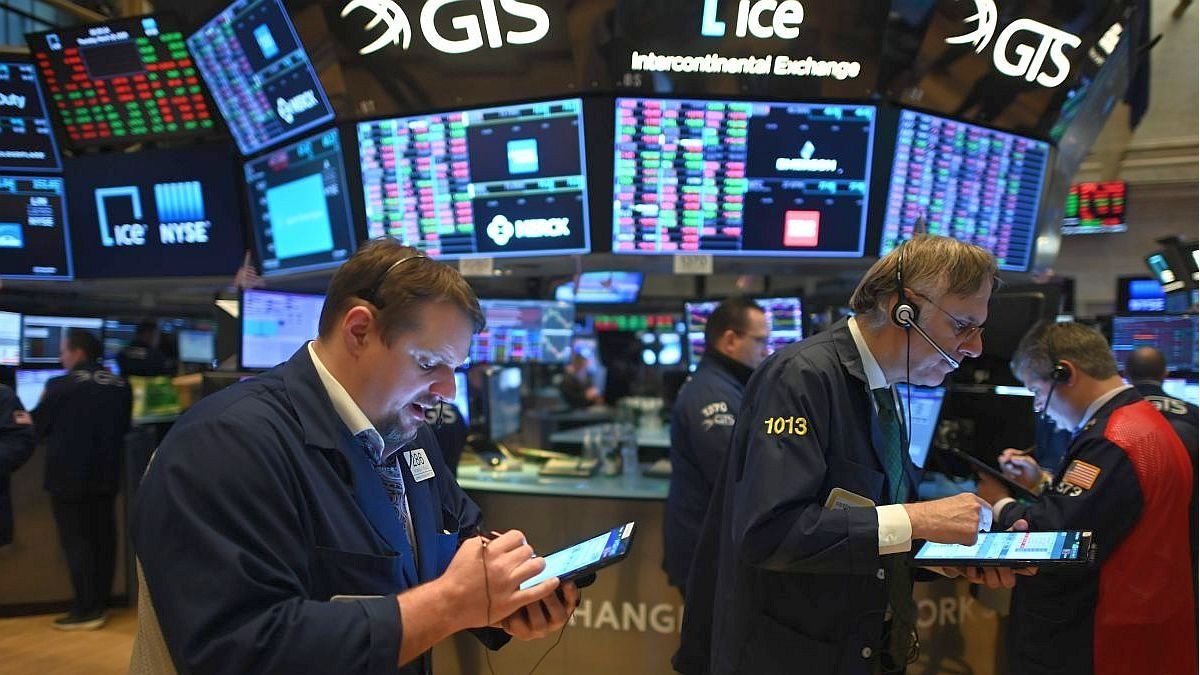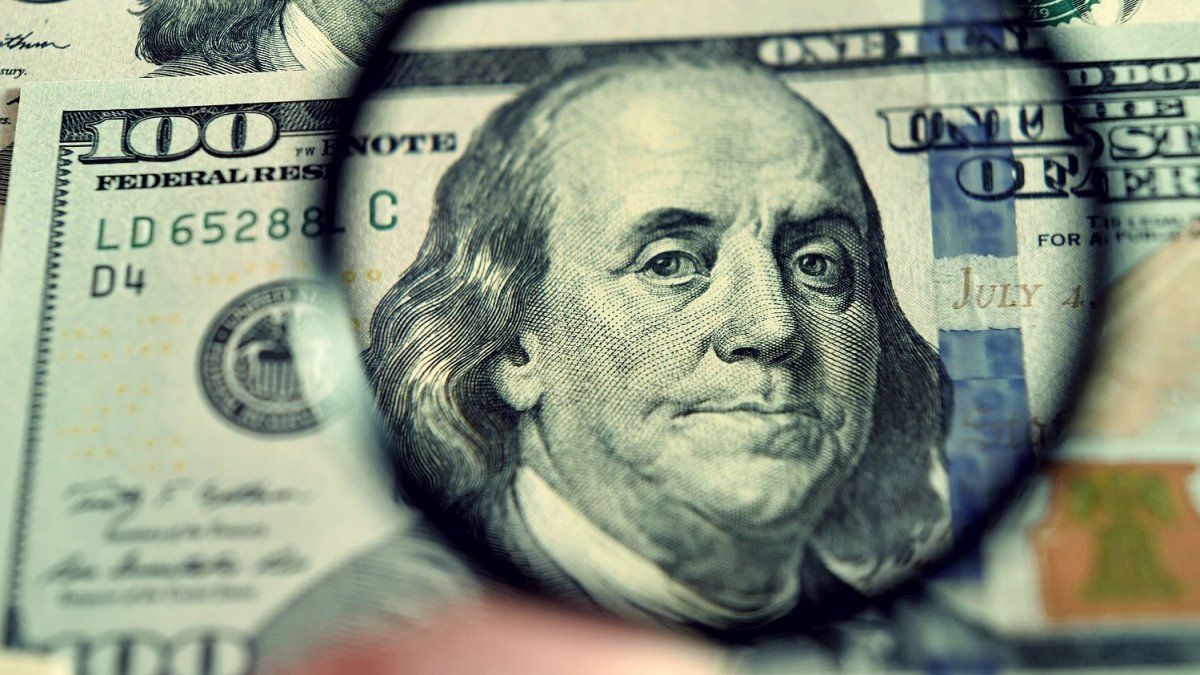The general improvement in Argentine assets was clearly the opposite of the global trend amid uncertainty due to the lack of progress in the Russian/Ukrainian dialogue to stop the war events, which will condition the world economy in 2022.
Faced with this scenario, the ADRs of Argentine companies registered general increases, led by Cresud (+10%); South Gas Carrier (+9.9%); IRSA (+6.4%); Bioceres (+5.1%); and Central Port (+4.7%). The only paper that closed lower was Mercado Libre (-5.4%), conditioned by the fall of the Nasdaq (-1%).
In the Buenos Aires stock market, on the other hand, the S&P Merval index jumped 3.5%, to 90,283.10 points, contrary to the trend of other places in the world and in the region (Bovespa lost 0.2%). In dollar CCL, the leading panel climbed 4.7%.
The most notable gains of the day were recorded by the shares of BYMA (+9.9%); Mirgor (+7.5%); and Cresud (+7.4%).
The volume traded in private paper rose slightly to $1,487.6 million, representing 30% of that traded in equities. Thus, 70% of the total was operated on Cedears, whose daily amount dropped 13% to $3,313.8 million.
After days of intense negotiations, the Government accepted last minute on Wednesday the opposition’s request to vote only on the financing request and not on the economic program that it implies, enabling the Executive Branch to use its powers to comply with the agreement.
“The opposition sought to avoid being seen as validating the government’s economic policies, while the government sought to share the political cost of adjustment. We do not expect these developments to have a significant impact.”synthesized the City bank in a report.
After the approval of the Chamber of Deputies in Congress, which is estimated at dawn on Friday, the understanding to restructure some 45,000 million dollars must be turned over to the Senate and then have the support of the IMF board.
The new agreement with the IMF establishes that the payment period for each disbursement is 10 years, with a grace period of four and a half years, so the country will start paying the debt in 2026 and end in 2034.
“Global risk aversion continues to act as a conditioning factor for local assets, given the uncertain and cautious external climate, although this time they respond better to the expectations aroused by the possible approval in Congress of the agreement with the IMF”, said Gustavo Ber, economist at Estudio Ber.
Russia’s war in Ukraine entered its third week without achieving any of its stated goals, despite the thousands of dead, the more than two million refugees and the thousands of people sheltered in besieged cities under incessant bombardment. In this context, the banks JP Morgan Chase and Goldman Sachs joined the list of American companies that are discontinuing their operations in Russia in response to the invasion of Ukraine (Coca-Cola Co and McDonald’s had previously announced this).
On the other hand, another bad inflation data in the United States (in February it accelerated to a monthly 0.8% from 0.6% in January, and marked a year-on-year rise of 7.9%) conditioned Wall Street, where the S&P500 fell 0.43%, while the 10-year bond rate rose 4bp to 1.99%, trading above 2% again today. At the same time, there was great volatility in commodities, with WTI oil falling 2.2% to US$106.25 after trading at US$114 at mid-point.
Bonds and country risk
In the fixed income segment, dollar-denominated bonds recorded strong increases of up to more than 6%. The advances of Global 2046 (+6.2%) were highlighted; of Bonar 2041 (+3.7%); and Bonar 2038 (+3.4%).
This trend made the Argentine country risk of the JP Morgan bank fell 49 basis points, to 1,825 unitsafter scoring its all-time high of 1,991 units earlier in the week. In just two days it accumulated a drop of 154 points.
Argentine bonds had fallen sharply in recent weeks, practically to price levels not seen since the last declaration of default. “On this occasion we understand that the drop in prices is due more to external than local factors, which leaves prices at extreme values at times of better domestic fundamentals,” said consultancy Delphos Investment.
“We believe that the change in the global context, added to the agreement with the IMF and the electoral perspective for 2023, could lead to significant price increases for domestic instruments”, he added.
For their part, dollar-linked sovereign bonds in pesos continued to be in demand to set up rate synthetics in Rofex. Such is the case that they returned to operate with good volume and rose by 0.3% on average, the SBS Group remarked.
Finally bonds in pesos with CER adjustment closed mixed, takers in the short section but offered in the middle and long section of the curve, punctually in T2X4, TX26 and TX28. “It was something to be expected in line with the exchange of the TX22 announced by Economy,” they said in the market. Let us remember that the TX22 exchange this Friday offers two basket options: basket 1 that includes 30% of the X16D2, 30% of the T2X4 and 40% of the TX26, and basket 2 composed of 20% of the T2X4, 40% of the TX26 and 40% of the TX28.
Source: Ambito
David William is a talented author who has made a name for himself in the world of writing. He is a professional author who writes on a wide range of topics, from general interest to opinion news. David is currently working as a writer at 24 hours worlds where he brings his unique perspective and in-depth research to his articles, making them both informative and engaging.




